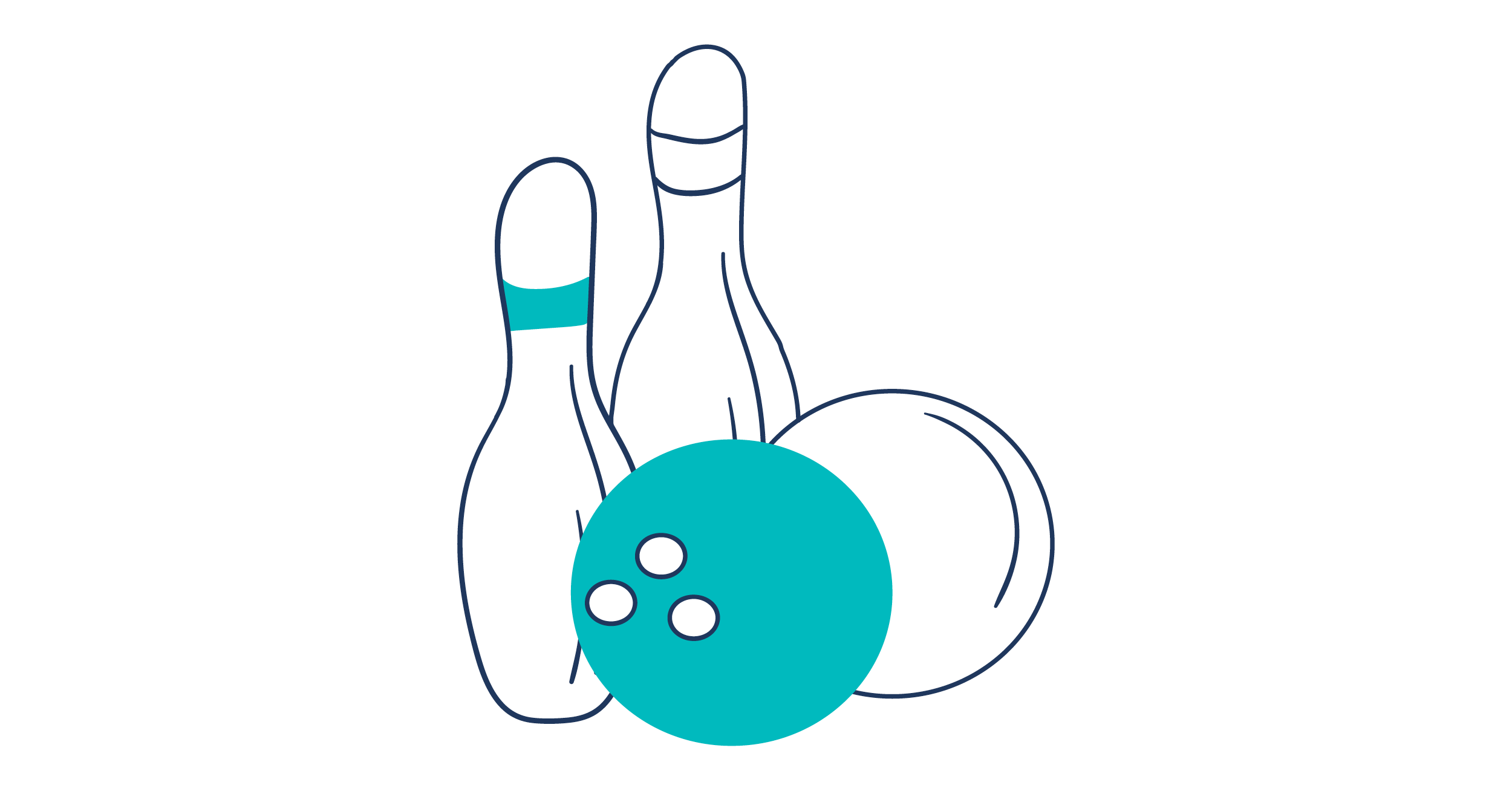Striking the right chord: Why collocations matter in marketing translations
We all know that words can take on completely different meanings when directly translated into another language. Not only does the meaning of individual words change, but so can their context when grouped together. For example, we would say, ‘I made a mistake’, but wouldn’t say ‘I did a mistake’. What does this mean in the context of marketing translations?
Beyond the word for word
The challenge for brands when marketing in foreign markets is that by not professionally translating their communication, they run the risk of missing nuances within cultural context and combining sequences of words that aren’t in the correct combination. This can lead to misunderstandings and/or reflect the lack of local understanding by your brand. To communicate with real impact requires an intimate understanding of the target culture, local nuances, and the ability to communicate with precision.
So what are these word combinations and why are they so important when translating your communications across markets? These combinations, in linguistic terms, are called collocations. Most of us will have probably never have heard of this term, but we all use them on a regular basis.
What are collocations?
Even linguists struggle at first if they have to think of a clear definition. Here’s an attempt:
Collocations are sequences of words that co-occur more often than would be expected by chance. If you name one expression, a certain other expression usually goes with it.
It goes beyond just randomly throwing together words that fit – collocations are fixed combinations that can’t be easily replaced. A few examples would be:
a strong tea
to deliver a speech
a gust of wind
the blood circulates
to sleep soundly
deadly serious
To show you how important these word combinations are, try to find another combination that conveys the same meaning as the aforementioned strong tea. Powerful tea? Vigorous tea? Sturdy tea?
While you could probably guess the meaning of the other expressions, they sound unnatural and awkward. Direct, literal translations of words and phrases, especially when using unedited machine translation like Google Translate, can result in these incorrect combinations, and hamper your brand’s reputation as a result.
“If grammar is the bones of a text, collocations are the nerves, more subtle and multiple and specific in denoting meaning.”
– Newmark, 1988
Why your localisation partners need to be professional, native-speaking translators
Firstly, and most importantly, translation plays an essential role in removing the language barrier and conveying the right message to your target customer.
However, collocations can differ significantly between languages, and if merely translated directly, they can lead to misunderstandings and reduce the impact that your brand has within your desired market.
Take these examples:
- While in English we say heavy rain, in Italian we say intense rain (pioggia intense) and in German we say strong rain (starker Regen).
- We sleep deeply in English, but in French we sleep profoundly (sommeil profond).
- We worry in English, but in German we make ourselves worries (sich Sorgen machen) and in Portuguese we pre-occupy ourselves (se preocupar).
- In English we make a mistake, but in Spanish, we commit a mistake (cometer un error).
As you can see, these word combinations do not translate directly, hence the importance of working with professionally trained translators who are native speakers of the target language when creating content for foreign markets. These word combinations are natural to native speakers and they don’t have to think about how to produce and use them. It is possible to get the meaning by using another expression or word combination, but every native speaker would instantly recognise this use of the wrong expression as unusual, excessive or awkward.
Translating very technical or specialist language can cause even more problems. For example, legal texts or the newest issue on sustainability processes can be quite confusing and require a certain language and certain expressions which most of us probably don’t use on a daily basis.
Any use of a wrong collocation is very easily recognised by your target audience and your brand value will be immediately called into question. That is why it becomes critical to your brand’s longevity in a foreign market to choose a localisation partner with professional translators who are native speakers of the target language on the team.
Here at AJT we pride ourselves on the fact that we have an in-house team featuring native translators, editors and multilingual project managers who are degree-educated in translation and multilingual communication. We ensure that your messaging is up to speed with local trends (or blunders), as well as the latest buzzwords or words to avoid.
Here are 3 key questions to consider when selecting a great translator:
1) Are your translators native speakers with the right locational expertise?
Ideally your translators should be native speakers, in order to understand the cultural nuances and the context or location within which your communications will exist.
2) Do you require translators with specific industry knowledge?
Translating content for specialised fields and different mediums requires unique skills and approaches to problem-solving. When selecting a translation company look for one that can provide a match in both subject matter expertise and adaptability to your workflows.
3) Can you verify credentials and view past work?
Finding a partner who is transparent in showcasing their credentials, experience, and past translated work will make the difference between getting it done right the first time or running the risk of costly communication mistakes in-market.
Quality localisation through translation is about bringing value beyond words to your communications, so you can sensitively enter new markets and establish brand longevity.
Looking for a localisation or translation partner? Get in touch with our expert team of native speakers for a free consultation today.

